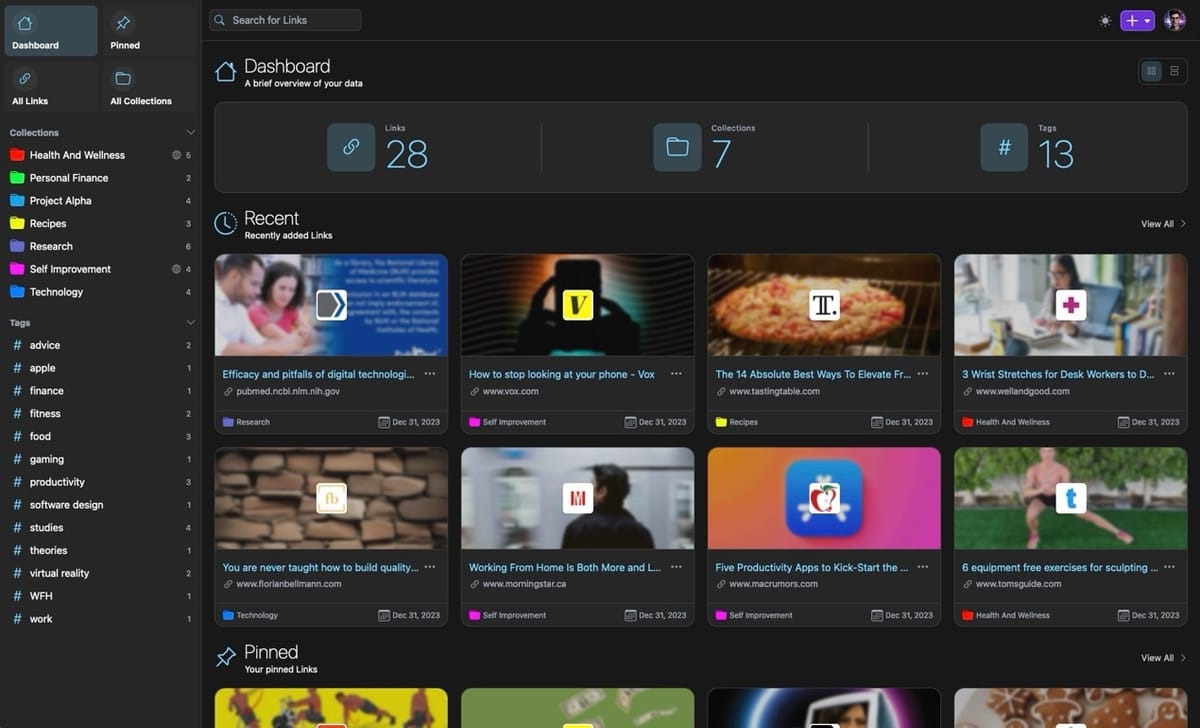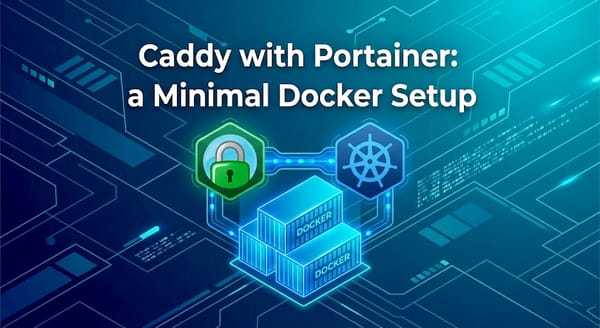How to Install Linkwarden on Portainer: Step-by-Step Guide

If you’re looking for an efficient way to manage and organize your bookmarks, Linkwarden is the perfect solution. This open-source, self-hosted bookmark manager helps you save, categorize, and access your favorite links with ease. In this guide, we’ll show you how to install Linkwarden on Portainer, a powerful container management tool, to simplify deployment and monitoring. By the end of this tutorial, you’ll have a fully functional Linkwarden instance running on your server.
What is Linkwarden?
Linkwarden is a self-hosted solution designed for individuals and teams to manage bookmarks efficiently. It features tagging, link previews, and integration with tools like PostgreSQL for reliable data management. Hosting it on Portainer simplifies container orchestration and provides an intuitive interface for monitoring and managing Linkwarden.
Prerequisites
Before you begin, ensure you have the following:
- Portainer installed and running on your server. If you haven’t installed Portainer yet, refer to Portainer’s official documentation.
- Docker and Docker Compose installed.
- A basic understanding of container networks and volumes.
Docker Compose Configuration
Use the following docker-compose.yml file to configure Linkwarden and its PostgreSQL database:
services:
linkwarden:
container_name: linkwarden
image: ghcr.io/linkwarden/linkwarden:latest
restart: unless-stopped
volumes:
- /your_path/linkwarden/data:/data/data
environment:
- DATABASE_URL=postgresql://dbuser1:PASSWORD@linkwarden-db:5432/linkwarden
- NEXTAUTH_SECRET=SuperPassword
- NEXTAUTH_URL=http://localhost/api/v1/auth
ports:
- "4222:3000"
networks:
- linkwarden_net
linkwarden-db:
container_name: linkwarden-db
image: postgres:16-alpine
restart: unless-stopped
environment:
- POSTGRES_USER=dbuser1
- POSTGRES_PASSWORD=PASSWORD
- POSTGRES_DB=linkwarden
volumes:
- /your_path/linkwarden/pgdata:/var/lib/postgresql/data
networks:
- linkwarden_net
networks:
linkwarden_net:
driver: bridge
You will need to update the database connection string and replace PASSWORD with your desired password:
DATABASE_URL=postgresql://dbuser1:PASSWORD@linkwarden-db:5432/linkwarden
Ensure that the password matches the value set for:
- POSTGRES_PASSWORD=PASSWORD
Additionally, replace SuperPassword in:
- NEXTAUTH_SECRET=SuperPassword
with a secure password of your choice.
Lastly, update the paths to your desired directories:
- /your_path/linkwarden/data:/data/data - /your_path/linkwarden/pgdata:/var/lib/postgresql/data
Replace /your_path with the actual directory path where you want the data to be stored on your server.
Explanation of the Key Elements:
- Services:
linkwarden: The main service hosting the Linkwarden application.linkwarden-db: The PostgreSQL database storing your Linkwarden data.
- Volumes: Ensure persistent storage of your data and database.
- Environment Variables:
DATABASE_URL: Connects the app to the PostgreSQL instance.NEXTAUTH_SECRET: A secret key for authentication. ReplaceSuperPasswordwith a secure value.NEXTAUTH_URL: Specifies the API endpoint for authentication.
- Networks: Creates a bridge network to allow seamless communication between services.
Deploy the Stack on Portainer
- In Portainer, go to the Stacks section.
- Click Add Stack.
- Name your stack, e.g.,
linkwarden-stack. - Paste the provided
docker-compose.ymlconfiguration into the editor. - Click Deploy the Stack.
Verify the Deployment
- Navigate to the Containers section in Portainer
- Ensure both the
linkwardenandlinkwarden-dbcontainers are running. - Open a web browser and go to
http://<your-server-ip>:4222to access the Linkwarden interface.
Troubleshooting Tips
Database Connection Issues:
- Double-check the
DATABASE_URLvalue in the configuration file. - Verify that the
linkwarden-dbservice is running.
Port Conflicts:
- If port
4222is already in use, modify theportssection in the configuration:
ports: - "your-preferred-port:3000"
Conclusion
Setting up Linkwarden on Portainer using Docker Compose is an efficient way to manage your bookmarks with complete control over your data. By following this guide, you’ll have Linkwarden up and running in no time, giving you a powerful tool to organize and retrieve links effortlessly.
For more tutorials and insights on containerized applications, bookmark arstech.net! 🚀





